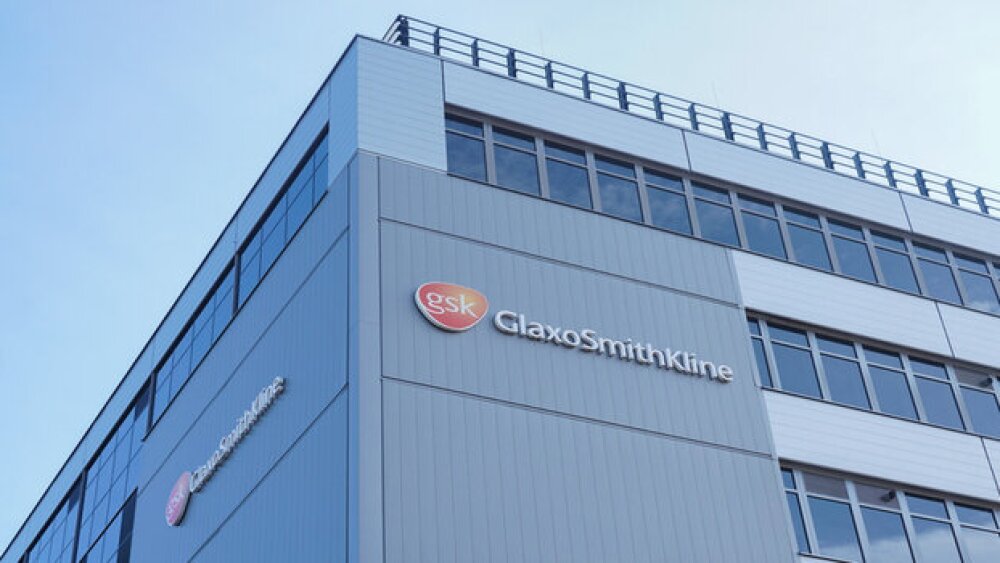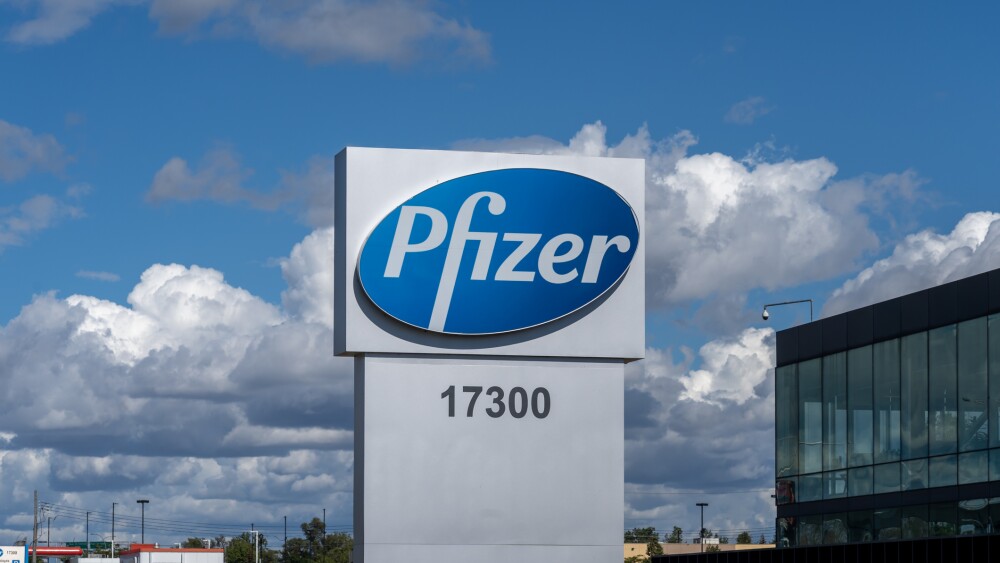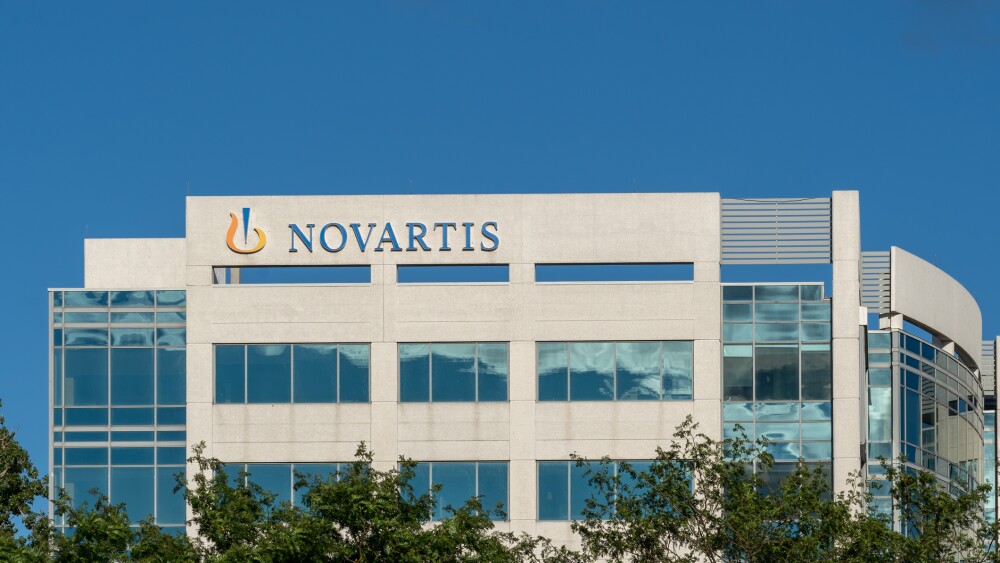Tuspetinib selected for a prestigious national clinical research program for ability to target broad spectrum of AML and MDS populations
- Trials to test tuspetinib in targeted drug combinations for frontline therapy of molecularly defined sub-groups of newly diagnosed AML and MDS
SAN DIEGO and TORONTO, Dec. 03, 2024 (GLOBE NEWSWIRE) -- Aptose Biosciences Inc. (“Aptose” or the “Company”) (NASDAQ: APTO, TSX: APS), a clinical-stage precision oncology company developing highly differentiated oral targeted agents to treat hematologic malignancies, today announced that the National Cancer Institute (NCI), part of the National Institutes of Health, and Aptose Biosciences Inc. have entered into a Cooperative Research and Development Agreement (“CRADA”). Under the CRADA, the NCI and Aptose will collaborate on the clinical development of Aptose’s proprietary lead clinical-stage compound tuspetinib (TUS), an inhibitor of key signaling kinases involved in myeloid malignancies, in the NCI Cancer Therapy Evaluation Program (CTEP) sponsored myeloMATCH trials employing combinations of targeted therapy for the treatment of molecularly defined acute myeloid leukemia (AML) and myelodysplastic syndromes (MDS) populations. These trials will be conducted by NCI’s National Clinical Trials Network (NCTN), with the participation of the NCI Community Oncology Research Program (NCORP) in the U.S. and Canada.
The myeloMATCH precision medicine trials (NCT05564390), funded by the NCI, were officially launched on May 16, 2024. myeloMATCH aims to expedite the development of tailored drug combination treatments for patients with newly diagnosed AML and MDS and to treat patients with these aggressive cancers of the blood and bone marrow from diagnosis throughout their treatment journey.
“We’re grateful to be a part of NCI’s myeloMATCH precision medicine trials,” said William G. Rice, Ph.D., Chairman, President and Chief Executive Officer of Aptose. “The executed CRADA will facilitate our collaboration with NCI on clinical studies of novel-novel combinations with early phase II signal finding endpoints in AML and MDS. Tuspetinib will provide the NCI and AML/MDS patients with an investigational agent that can be used to treat a broad spectrum of AML/MDS populations, including those among the most genetically challenging.”
“We are indeed privileged to have tuspetinib selected to be part of this one-of-a-kind initiative, which recognizes that significant breakthroughs and higher response rates for AML and MDS may be possible with triplet combination therapies,” said Rafael Bejar, M.D., Ph.D., Aptose’s Chief Medical Officer. “We expect that tuseptinib’s safety profile and breadth of activity will make it an ideal combination agent and we are pleased to have NCI’s support in its clinical development.”
In addition, Aptose is separately developing tuspetinib as a key component of a triple drug combination (tuspetinib, venetoclax, and azacitidine; TUS+VEN+AZA) in newly diagnosed AML patients unfit for chemotherapy, with plans to begin dosing at the 40 mg dose of tuspetinib that was previously shown active as a single agent in relapsed or refractory AML patients. The dose of tuspetinib then can be further escalated after safety review. The protocol for the Phase 1/2 TUSCANY study of TUS+VEN+AZA in newly diagnosed AML has been submitted to sites and reviewed by the U.S, Food and Drug Administration (FDA). The study is on track to commence during the fourth quarter.
About Tuspetinib
Tuspetinib (TUS) is being developed as a TUS + venetoclax (VEN) + hypomethylating agent (HMA) triple drug combination (or TUS+VEN+HMA triplet) as frontline therapy for newly diagnosed AML patients. Aptose’s APTIVATE Phase 1/2 trial illustrated the safety and breadth of activity of TUS monotherapy and the TUS+VEN doublet combination in relapsed or refractory (R/R) AML patients and supports the launch of the TUS+VEN+HMA (using azacitidine, AZA, as the HMA) triplet frontline therapy in newly diagnosed AML patients. Tuspetinib, a convenient once daily oral agent that potently targets SYK, mutated and wild type forms of FLT3, mutated KIT, JAK1/2, and RSK2 kinases, while avoiding many typical toxicity concerns observed with other agents. In the APTIVATE trial, TUS achieved broad activity across AML patients with a diversity of adverse genetics as a single agent and in combination with venetoclax in a very ill and heavily pre-treated AML population. Blast reductions and objective responses were observed in patients with prior-VEN, prior-FLT3 inhibitor (FLT3i) and prior-HSCT therapies, those with highly adverse genetics - including mutations in TP53 and RAS genes, and those with mutated or unmutated (wildtype) FLT3 genes.
About Aptose
Aptose Biosciences is a clinical-stage biotechnology company committed to developing precision medicines addressing unmet medical needs in oncology, with an initial focus on hematology. The Company’s lead clinical-stage compound tuspetinib (TUS) is an oral kinase inhibitor that has demonstrated activity as a monotherapy and in combination therapy in patients with relapsed or refractory acute myeloid leukemia (AML) and is being developed as a frontline triplet therapy in newly diagnosed AML. For more information, please visit www.aptose.com.
Forward Looking Statements
This press release may contain forward-looking statements within the meaning of Canadian and U.S. securities laws, including, but not limited to, statements relating to the therapeutic potential and safety profile of tuspetinib and its clinical development, the aim of myeloMATCH, the timing of the Phase 1/2 study of TUS+VEN+AZA and the initial dosing of tuspetinib, as well as statements relating to the Company’s plans, objectives, expectations and intentions and other statements including words such as “continue”, “expect”, “intend”, “will”, “should”, “would”, “may”, and other similar expressions. Such statements reflect our current views with respect to future events and are subject to risks and uncertainties and are necessarily based upon a number of estimates and assumptions that, while considered reasonable by us are inherently subject to significant business, economic, competitive, political and social uncertainties and contingencies. Many factors could cause our actual results, performance or achievements to be materially different from any future results, performance or achievements described in this press release. Such factors could include, among others: our ability to obtain the capital required for research and operations and to continue as a going concern; the inherent risks in early stage drug development including demonstrating efficacy; development time/cost and the regulatory approval process; the progress of our clinical trials; our ability to find and enter into agreements with potential partners; our ability to attract and retain key personnel; changing market conditions; inability of new manufacturers to produce acceptable batches of GMP in sufficient quantities; unexpected manufacturing defects; and other risks detailed from time-to-time in our ongoing quarterly filings, annual information forms, annual reports and annual filings with Canadian securities regulators and the United States Securities and Exchange Commission.
Should one or more of these risks or uncertainties materialize, or should the assumptions set out in the section entitled “Risk Factors” in our filings with Canadian securities regulators and the United States Securities and Exchange Commission underlying those forward-looking statements prove incorrect, actual results may vary materially from those described herein. These forward-looking statements are made as of the date of this press release and we do not intend, and do not assume any obligation, to update these forward-looking statements, except as required by law. We cannot assure you that such statements will prove to be accurate as actual results and future events could differ materially from those anticipated in such statements. Investors are cautioned that forward-looking statements are not guarantees of future performance and accordingly investors are cautioned not to put undue reliance on forward-looking statements due to the inherent uncertainty therein.
For further information, please contact:
Aptose Biosciences Inc.
Susan Pietropaolo
Corporate Communications & Investor Relations
201-923-2049
spietropaolo@aptose.com





